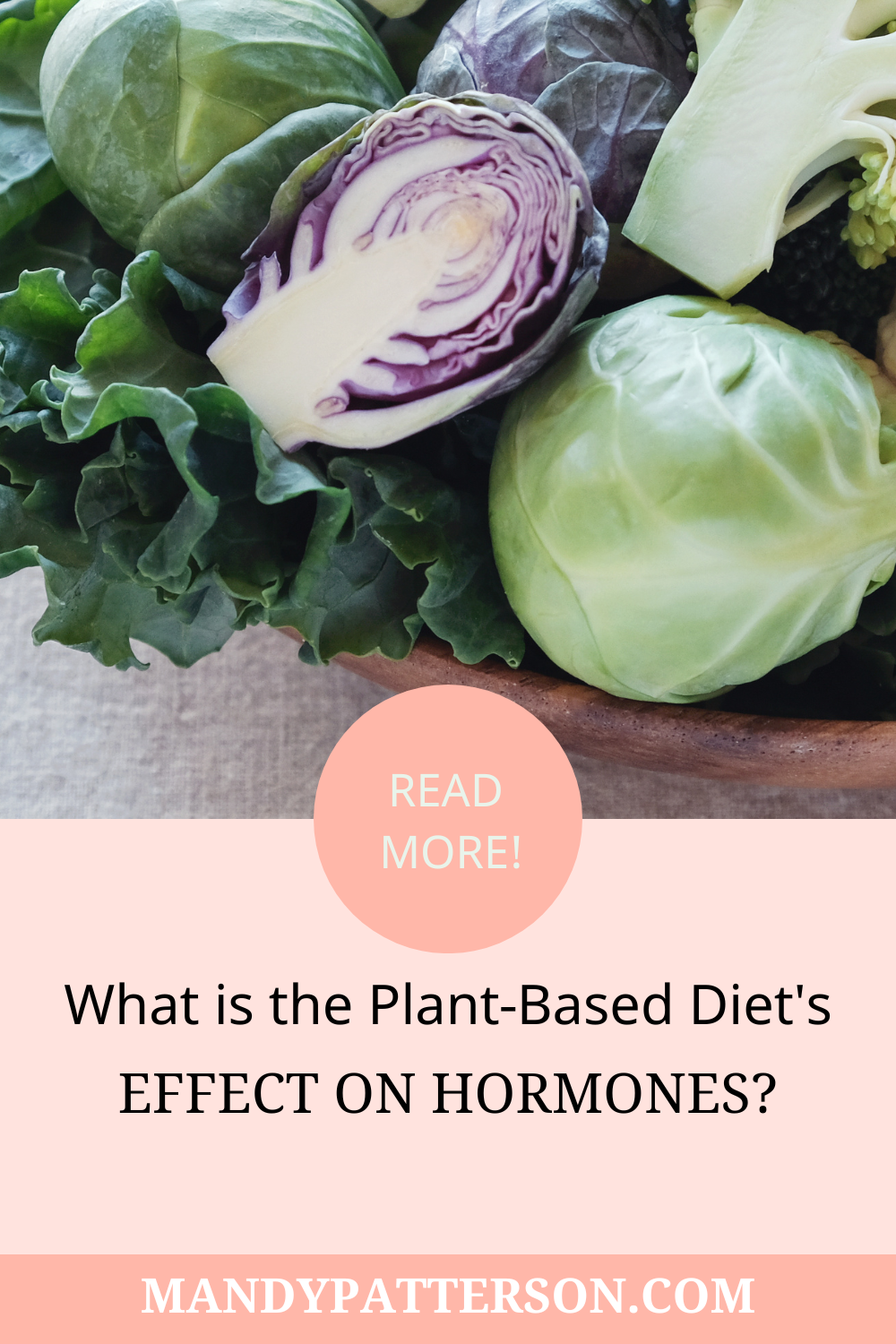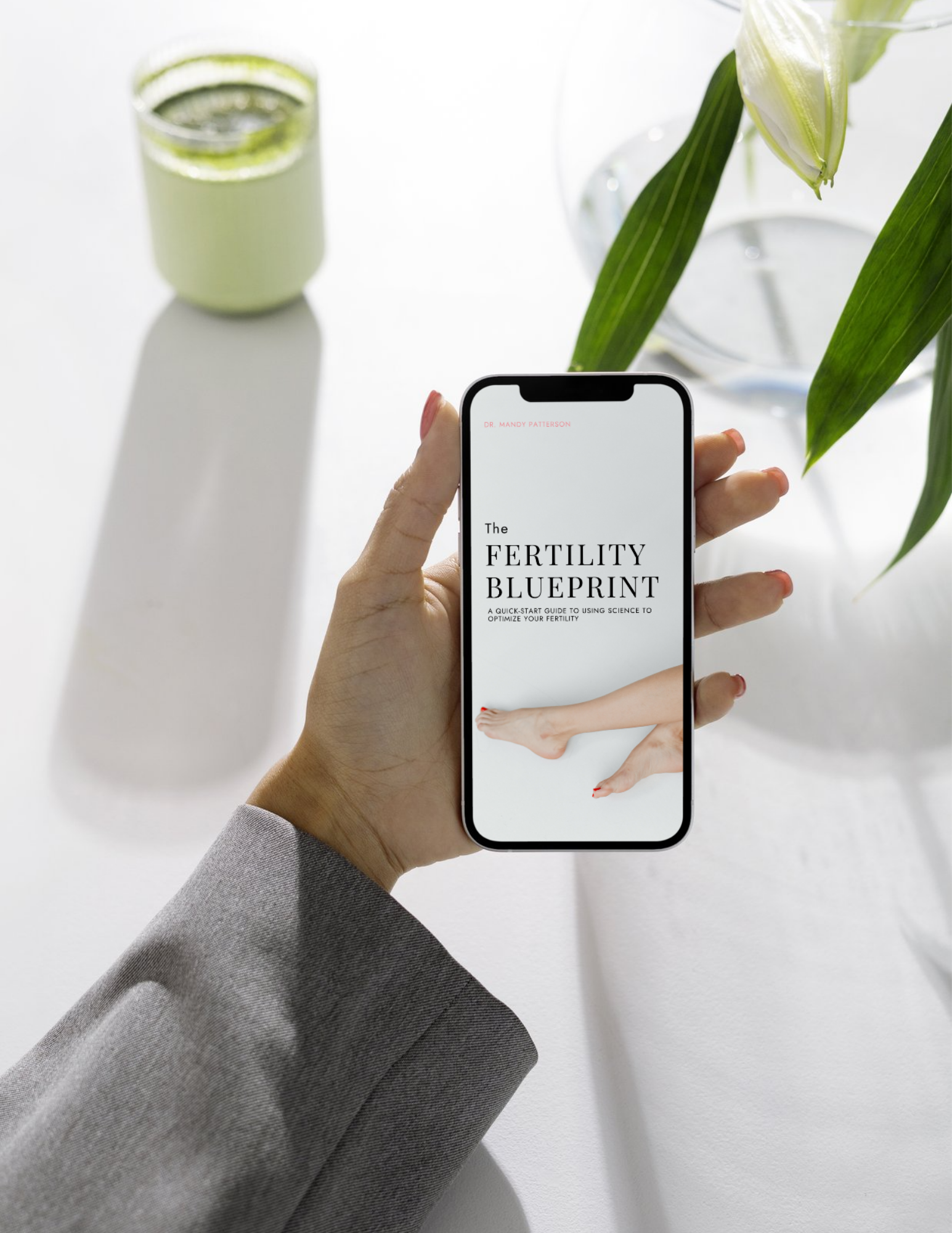Many women that I work with in my practice want to lose weight, and they often struggle with that goal. When we look deeper, there tend to be hormonal imbalances that contribute to weight gain or make it hard to lose weight. Maybe you’ve heard that going vegan can help your hormones and help you lose weight. If so, you may be wondering what the plant-based diet’s effect is on hormones, and I’m here to help.
This article will cover the pros and cons of a plant-based diet and how it impacts your hormonal health.
What is a Plant-Based Diet?
A plant-based diet consists of all minimally processed fruits, vegetables, whole grains, legumes, nuts and seeds, herbs, and spices and excludes all animal products, including red meat, poultry, fish, eggs, and dairy products. A plant-based diet is synonymous with veganism.
So, why go plant-based? How can a plant-based diet mess with your hormones? Can it help them at all? How does this impact weight loss or gain?
The truth is that everyone is different, and different diets affect people differently.
While bio-individuality should always be the focus, there are some things that a modern vegan diet gets right, as well as things it gets wrong regarding healthy hormone levels. Let’s dive in.
Pros of a Plant-Based Diet on Hormones
First, your endocrine system is required for all your bodily functions, and having unbalanced hormones means many of these functions will be disrupted or ineffective. Additionally, many hormones, such as insulin, thyroid hormones, and cortisol, play a role in weight fluctuations.
There are many reasons why people choose to eat a plant-based diet. A vegan diet is often rich in fiber. This extra fiber helps to promote a healthy gut, which is essential for hormone balance. Also, a vegan diet is high in antioxidants, protecting the body from the damaging effects of stress and inflammation.
Let’s get more specific; other advantages of a plant-based diet on hormones include the following:
- Plants make you feel full and increase satiety. They contain fiber to provide volume and bulk to the food as it passes through the digestive system. Certain plant foods like nuts and seeds also contain protein and fats that contribute to satiety as well.
- Plants support the gut microbiome. Fiber and polyphenols feed beneficial bacteria, and a balanced microbiome is more associated with a healthy weight, and altering the microbiome this way may help with weight loss.
- Plant foods can support hormone balance which leads to weight balance. Insulin, thyroid hormone, and cortisol are important for weight. Whole plant foods support insulin and balanced blood sugar and are needed for an appropriate thyroid hormone response.
- Plants help us eat enough. Unfortunately, many women are actually undereating. This undereating adds stress to your system and makes losing weight harder. The body doesn’t feel safe, so it holds on to weight. Adding plants to your diet can add the extra food you need to improve your nutrient status and boost your metabolism.
Cons of a Plant-Based Diet on Hormones
If you ended the article in the above section, you would probably consider putting yourself on a vegan diet. Unfortunately, there is more to the story. Let’s discuss a few of the disadvantages of a plant-based diet on hormones.
While plant foods can support blood sugar and insulin levels, many vegan foods on the market are highly processed. Highly processed foods are horrible for balancing blood sugar. Not to mention, plant-based diets often include many carbohydrates like rice, potatoes, and chickpeas. You’ll spike your blood sugar if you’re not careful to balance carbs with protein, fiber, and fats.
A component of balanced hormones is balanced blood sugar. If your blood sugar spikes and drops throughout the day, you may experience insulin resistance, where insulin is out of whack and overworked. This directly relates to how likely you are to lose weight. Insulin resistance is notorious for weight loss.
A plant-based diet may also impact your thyroid function. You need vitamin A, iodine, iron, selenium, tyrosine, zinc, and copper to make thyroid hormones. These nutrients are abundant in animal sources. However, they are a little harder to find in plant foods, so going vegan and not getting a daily dose of these nutrients can negatively impact thyroid hormone production and health.
Finally, some vegan products can disrupt hormones and specifically cause estrogen dominance. Soy is the most popular plant protein in a plant-based diet. Unfortunately, processed soy products contain phytoestrogens. These mimic estrogen in the body, increasing estrogen levels and causing hormone imbalances. A hormone imbalance like this can lead to skin issues, hair fallout, irregular menstrual cycle, weight issues, fatigue, anxiety, depression, and more.
Work With a Functional Naturopath and Fertility Practitioner
The fact of the matter is that a plant-based diet has pros and cons. As I said earlier, everyone is unique and has different needs based on their personal health history. A plant-based diet may be just what your body needs to get back to optimal functioning. On the other hand, a plant-based diet may be sabotaging your weight loss efforts and wreaking hormonal havoc on your endocrine system.
Putting yourself on a diet after reading a few articles online is not the way to go. I highly recommend working with an expert to get to the root cause of your hormonal imbalances and help you identify the RIGHT diet for your body.
As a Master Gardener, graduate of the Academy of Culinary Nutrition, and an herbal educator that has completed Aviva Romm’s Herbalism for Women program, I strongly believe that food is medicine and has a powerful impact on our level of wellbeing. Using this experience, I work with clients to bridge the divide between traditional, integrative, and holistic medicine.
Check out my wellness practice, I offer a plethora of one-on-one and group coaching options that are sure to meet your needs!


















